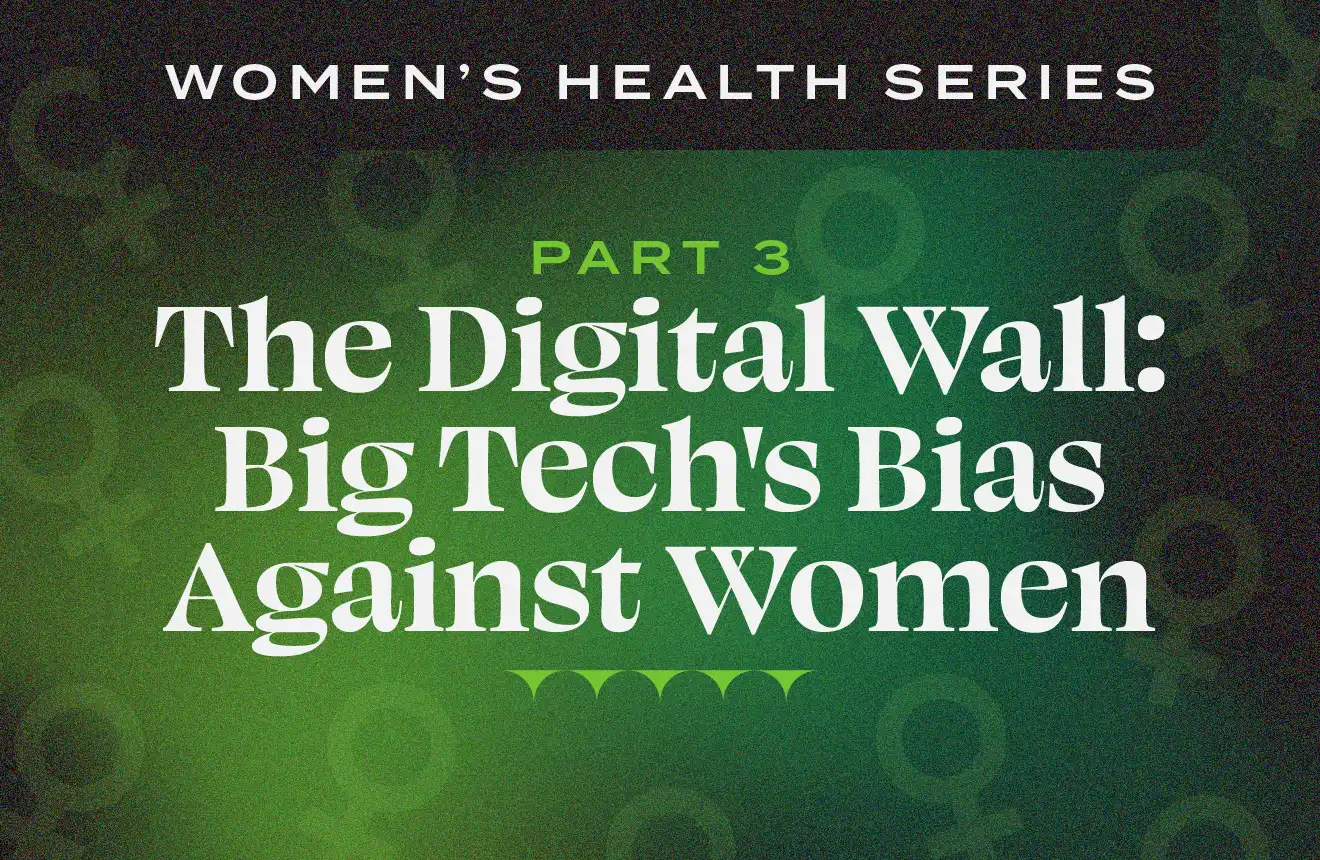We’ve covered the $1 trillion opportunity in women’s health and the innovation boom it has sparked. But what happens when life-changing products run into a digital wall?
There’s a fundamental contradiction at play: while innovation in women’s health is booming, major online platforms like Meta and Google are widely rejecting and inconsistently enforcing policies on advertisements and posts related to women’s health issues. This has led to a disproportionate blocking of crucial information, as revealed by investigations from The Independent.
Yet, ads for erectile dysfunction and men’s hair loss sail through the approval process with ease.
This isn’t just unfair; it’s dangerously sexist and actively obstructs public health. It reinforces archaic taboos and prevents women from accessing crucial information and solutions. When a company can’t use the word “menopause” or “vagina” to promote an FDA-approved medical device, it is a sign of a deeply broken system.
This bias forces marketers into a corner, compelling them to use vague, ineffective language that fails to connect with women who are desperately seeking solutions. It perpetuates the very silence and stigma that the women’s health movement is fighting to overcome.
— In our final part, we’ll share a new playbook for breaking through this digital wall and creating marketing that truly connects. —
SOURCES:
- Why are women’s health ads getting rejected?
- Meta and Google accused of restricting reproductive health information
- Press Release: Meta and Google restrict access to reproductive health information
- Meta and Google restrict health information
- Meta faces FTC complaint over blocking women’s sexual health ads
